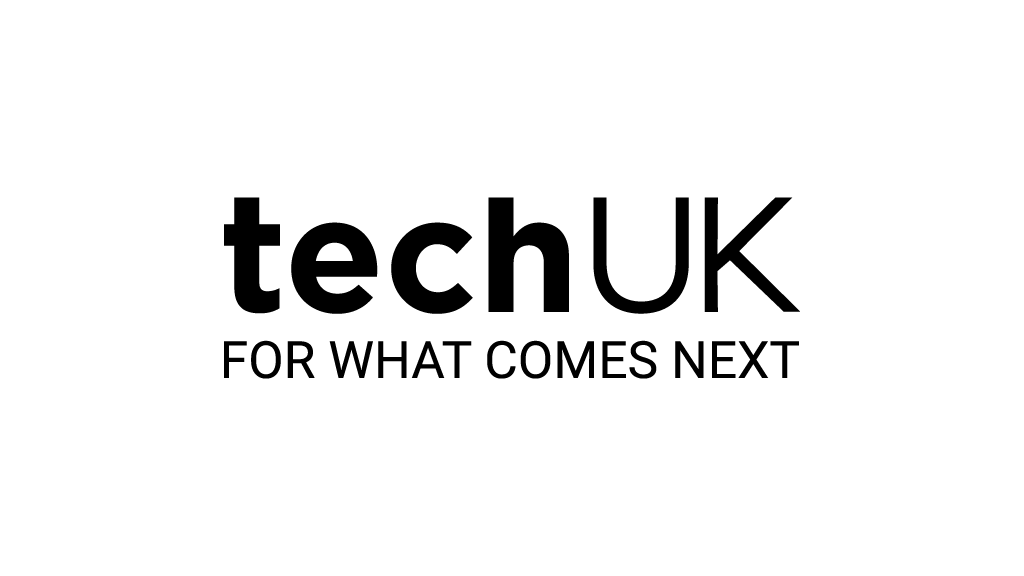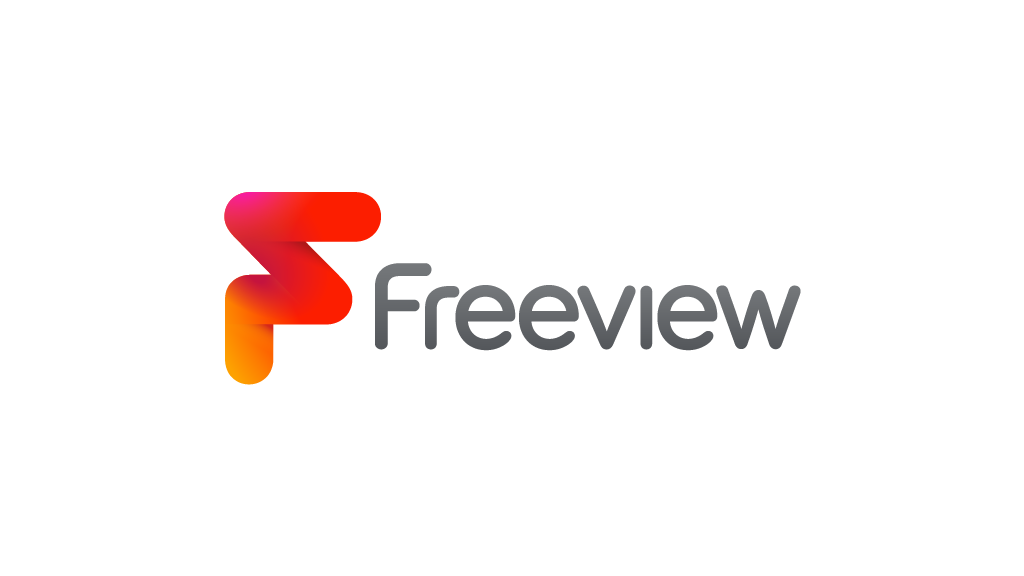CONNECTED VISION
Future of television disputed by techUK
The future of television distribution in the United Kingdom is the subject of much debate. Key to this the long-term prospects for digital terrestrial television and the progressive transition to online delivery. The government is due to publish the results of its review by a cross-industry stakeholder forum. However, techUK, which represents the consumer electronics industry in the United Kingdom, says that the way the recommendations have been made is “deeply flawed” and does not faithfully reflect the views of manufacturers and television operation system providers or the practical realities of how televisions work.
Representing over 1,000 member companies, from industry giants to small and medium-sized enterprises, techUK was founded in 2013 as a trade association to champion digital transformation.
Such is the concern of techUK members that its consumer electronics strategy and technology committee has produced a paper that is highly critical of the process adopted by the future of television distribution forum so far.
“We want to make it clear to Ministers that we as an industry do not endorse the current recommendations emerging from the FoTVD process, which has not been fair or representative, and believe key choices need to be revisited,” it says in its own position paper. “We want a solution which ensures universal access to PSB content on every TV via genuinely open standards — regardless of whether it is delivered via IP, DTT or hybrid — replicating the platforms we have access to today and ensuring continuity.”
The group, which represents leading consumer electronics manufacturers, says that it does not support switching off the digital terrestrial television network in 2034. It says all the audience benefits of an online solution are already available. It does not support cutting back the terrestrial transmission networks so that it becomes a second-class service. It supports more ambitious, but achievable, migrations to a full high-definition and ultra-high-definition service.

The paper presents five core safeguards that the government should put in place to protect audiences in the United Kingdom before any decision is taken on the timing or terms of any proposed switch-off of digital terrestrial television.
- Guarantee universal access to public service broadcaster channels and streams on every television. All televisions sold in the United Kingdom must be able to present them through logical channel numbers and a guide, regardless of how they are delivered.
- Back open standards, not proprietary platforms. Mandate open, non-proprietary standards for delivering the online streams and associated data of public service broadcasters, enabling interoperability across all compliant televisions.
- Ensure unconditional access to the metadata associated with the channels of public service broadcasters. This must be made available to all compliant devices on fair, non-discriminatory terms.
- Replicate the collaborative model of digital switchover, under Ofcom oversight and via an organisation like the Digital TV Group, to agree a single United Kingdom profile and compliance framework for IP services, just as the DTG D-Book did for digital terrestrial television.
- Ensure a competitive United Kingdom marketplace, including fair, reasonable and non-discriminatory access to PSB services for device manufacturers that are not designated as Regulated Television Selection Services under the Media Act.
The paper is notably critical of the Freely platform from Everyone TV, which is supported and operated by the five public service broadcasters.
It says that any attempt to standardise television interfaces would inevitably rob audiences of their choice, narrow competition and freeze innovation. Any future television distribution system needs to ensure that a horizontal market is supported, allowing manufacturers to develop differentiated products that meet audience needs.
Without clear policy direction, the paper suggests, there will be an inconsistent app-based patchwork that fails the basic test of universality and ready access to trusted public service broadcaster programming. It says the switchover to digital terrestrial television worked because the government and the regulator oversaw a single, open, standards-based system, which created common technical standards and a simple, numbered programme guide that worked the same for everyone and was easy to use.
As the paper explains, the DVB-I specification that is being trialed in Europe and elsewhere enables an online distribution model which is very similar to digital terrestrial television, enabling a very similar user experience. As a standards-based solution, it would alleviate the barriers imposed by the limited and proprietary nature of options currently available from public service broadcasters in the United Kingdom.
The paper concludes that the universality of carriage of public service broadcasters is a critical dependency for any future transition to all-IP delivery. It advises the government that setting a non-negotiable carriage directive with universal access to the channels of public service broadcasters through logical channel numbers and a programme guide on all televisions is essential to safeguard the objectives of the Media Act and to deliver an inclusive, trusted, and future-ready IP television ecosystem.
Christmas Day viewing continues to decline
Christmas Day television in the United Kingdom reached an all-time low in audience numbers in 2025. While traditionalists may tune in for the Christmas address by the monarch, the nation no longer assembles in front of the television to watch the same show at the same time on a day that historically delivered huge audiences. This year the decline was particularly marked.
The most watched programme was the address from The King, which was watched by an estimated 6.56 million people as it was shown simultaneously across the BBC, ITV, and Sky News.
After that, The Scarecrows’ Wedding, an original animation, was the most viewed programme on the BBC, with an audience of 4.31 million.

That is a considerable decline from the top programme on Christmas Day 2024, the finale of Gavin & Stacey, which was watched by a total audience of 19.26 million. That is counted over a 28-day period and includes a large number that watched after the original broadcast. That does not include the repeat showing that the BBC served up in prime time on Christmas Eve the following year, just in case anyone had missed it or wanted to see it again.
That particular programme was something of an anomaly. The top show on the BBC the previous year had 7.66 million viewers.
It is likely that the latest Julia Donaldson animation will pick up more viewers over time through catchup viewing.
We have been charting the gradual decline in Christmas Day viewing for over a decade and the trend is consistently downwards with the occasional peak. It corresponds with the rise in online viewing, which means that families do not have to watch whatever is broadcast at the time.
As audience numbers decline, broadcasters no longer expect huge numbers, so save their top programmes for when they are more likely to be watched. Notably, New Year’s Eve and New Year’s Day are now the top days for festive television fare.
A clear measure of the declining Christmas Day audience is Call the Midwife, a period drama that used to attract top ratings. On Christmas Day 2025 it was the fifth most popular programme, with an audience of just 3.44 million on the day, compared to 8.91 million over 28 days the previous year. It has steadily declined from a peak of over 10 million.
ITV, the leading commercial broadcaster, had only one show in the top ten, with The 1% Club quiz scoring a miserable 2.75 million, just ahead of The Weakest Link on the BBC at 2.63 million in tenth place.
| Programme | Viewers m |
|
|---|---|---|
| 1 | The King | 4.6 |
| 2 | The Scarecrows’ Wedding | 4.3 |
| 3 | Strictly Come Dancing Christmas Special | 4.2 |
| 4 | Michael McIntyre’s The Wheel | 3.7 |
| 5 | Call the Midwife | 3.4 |
| 6 | Gladiators Christmas Special | 3.2 |
| 7 | Amandaland Christmas Special | 3.1 |
| 8 | EastEnders | 2.8 |
| 9 | The 1% Club | 2.7 |
| 10 | The Weakest Link | 2.6 |
The BBC said that its share of television viewing on Christmas Day was bigger than the whole of the online video subscription market combined and pointed out that it had “a winning formula once again securing nine out of the top ten most watched programmes across the day as audiences chose an outstanding range of drama, comedy, and entertainment.”
“We’re proud of the fact that people come together on the BBC at Christmas. Having nine out of the top ten shows on Christmas Day is a timely reminder that shared moments really do still matter even in a world of so much choice,” said Kate Phillips, the Chief Content Officer of the BBC.
The problem is that when the Strictly Come Dancing Christmas Special gets only 4.2 million viewers at tea-time on Christmas Day, the BBC can hardly claim that it is bringing together a nation of nearly 70 million people on the day they are most likely to be available to view.
Freeview Australia to start testing DVB-I
Freeview Australia will begin testing the use of the DVB-I online service discovery and delivery specification from early 2026. This follows an earlier proof of concept evaluation. It will involve the existing free-to-air channels of the ABC, SBS, Seven, Nine, and Ten networks, making them available whether viewers are watching with or without an antenna.
Viewers will still see the same familiar channel numbers, programme guide, and easy navigation, but it will work on televisions connected to the internet without requiring an antenna connection.
“Our goal is simple: ensure every Australian can easily find and watch their favourite free TV channels, whether their TV has an antenna or not,” said Dean Dezius, the general manager of Freeview Australia. “No more juggling apps or inputs. Everything in one place, for free.”

Hamish Turner, the chairman of the Freeview Board, said: “The strength of Freeview has always been our ability to act collectively on behalf of Australian viewers. This testing program demonstrates that spirit of collaboration as we ensure free-to-air television remains accessible and prominent regardless of how Australians choose to watch. Freeview’s shareholders are united in the view that maintaining a broadcaster-led presence in the IP environment is strategically essential”.
Damian Cronan, the chief digital officer at ABC and Freeview board member, said: “For the ABC, ensuring universal access to public broadcasting is fundamental to our charter. This technology Freeview will test provides a pathway to reach any Australian household with an internet-connected TV, regardless of antenna availability or geographic location. This validation program demonstrates the industry’s commitment to maintaining free, accessible television for all Australians as technology evolves”.
Several European countries have begun evaluating DVB-I, including Germany, Italy, France, Spain and Ireland, but Freeview Australia is the first television platform in a major market to announce its intentions.
Freeview Australia brings together all the major free-to-air networks in the country. Over three quarters of Australians rely on free television that is currently broadcast over terrestrial networks and delivered online through broadcast applications. Together these account for 70% of television set viewing.
The inception of this initiative goes back to 2018, when Free TV Australia, the industry body for the commercial television networks, commissioned a study from informitv to consider the future platform for free-to-view television services. One of the recommendations was to establish a platform specification including support for HbbTV and the emerging DVB-I specification.
A proof-of-concept implementation was demonstrated to the to the Freeview board in 2024. This became the technical basis of what is now the Service List Registry unified service platform.
An advantage of DVB-I is the potential to offer a conventional television channel line-up to an increasing number of homes that do not have access to a traditional television antenna, including many newly built properties and apartment blocks. It also allows for seamless navigation between linear channels and online services. Freeview Australia says that it will secure free television for the streaming age.
Like its Australian counterpart, Freeview New Zealand is also actively exploring the opportunity to use DVB-I. In the case of New Zealand, where there is already an alignment of logical channel numbers across satellite, terrestrial, and online services, there is the potential to create a fully multiplatform offering.
Although they are separate organisations, both Freeview Australia and Freeview New Zealand use HbbTV programme guide applications provided by Switch Media.
DVB-I is an open specification developed by the DVB Project for online service announcement and discovery. It supports existing broadcast standards, including DVB-T for terrestrial transmission and DVB-DASH for online distribution. The DVB-I specification works well in conjunction with the HbbTV standard for web applications that is widely adopted by television manufacturers. Many of the concepts in the DVB-I specification are based on approaches pioneered with the Freeview Play platform in the United Kingdom.
